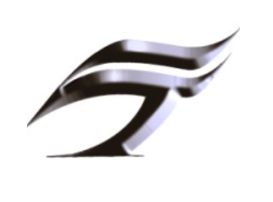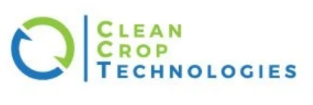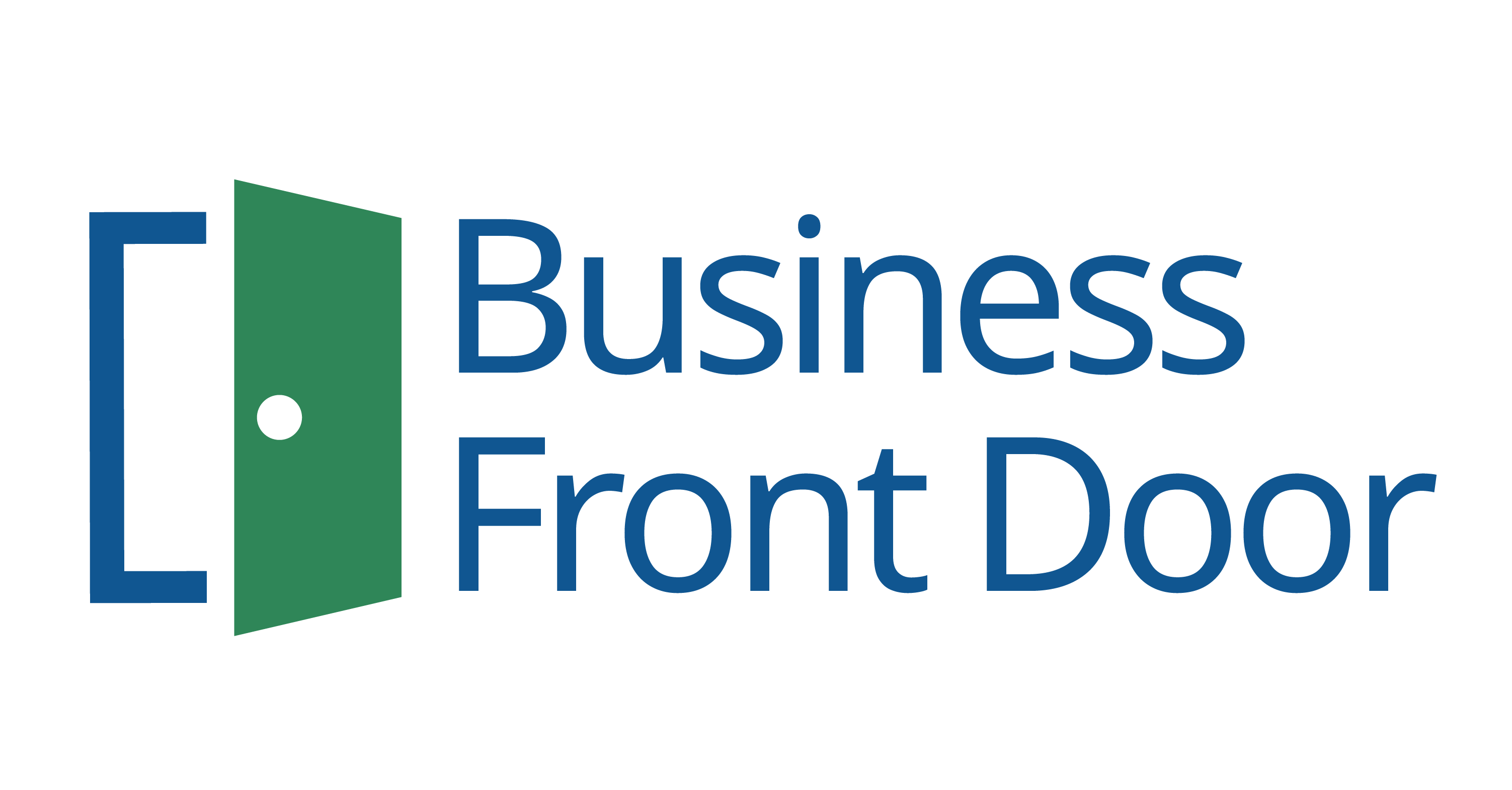
MassCEC / Tech to Market / Funding / InnovateMass
The Challenge: Bridging the Funding Gap
To support companies facing the so-called "commercialization valley of death,” a widely-recognized funding gap that exists between early-stage support offered by angel investors and later-stage support historically provided by venture capital and strategic investors.
About InnovateMass
The InnovateMass program provides up to $350,000 in grant funding and technical support to applicant teams deploying new clean energy technologies or innovative combinations of existing technologies with a strong potential for commercialization. Successful applicants will propose projects that address important energy challenges within our four focus areas, help to grow the state’s clean energy economy, and contribute to Massachusetts’ continued clean energy leadership.
We're excited that you're considering applying to one of our funding opportunities! Please also use Massachusetts' Business Front Door service, which suggests additional state resources every step of the way as your company grows.
Funding Schedule
InnovateMass is a rolling funding program that operates under a quarterly deadline schedule. The next deadline is anticipated to be in July 2025. All applications are reviewed until program funding is exhausted.
| Process Step | Approximate Timing |
|---|---|
Next application deadline |
July 14, 2025 |
| Notification of finalist status | Within 8 weeks of quarterly deadline date |
| Pitch coaching for finalists | 1.5 to 3 months from quarterly deadline date |
| Finalists pitch | 2 to 4 months from quarterly deadline date |
| Final award decisions | Approximately 6 months from quarterly deadline date |
| Contracting concludes; projects begin | Approximately 2 months from award notification |
Who's Eligible
Eligible applicants include climatetech startup companies.
Projects must apply as an Applicant Team, which includes a “Lead Applicant” and one or more Demonstration Project Partner(s).
For full Program details, please refer to the InnovateMass Request For Proposals (RFP)
Apply
Application Process
This standard Program invites participation in a two-part application process:
- Submit an application
- If invited, pitch proposal to a panel of program judges
For full Program details, please refer to the InnovateMass RFP.
Application Materials
Send completed application to: innovate@masscec.com
2024 InnovateMass Awardees

florrent
- Awarded $244,458 with $122,916 in total cost share
- florrent is an advanced materials company pioneering bio-derived activated carbon technology to develop high-energy-density ultracapacitors, enabling affordable and efficient energy storage solutions for power generation, transportation, and industrial sectors, while promoting environmental justice through a sustainable supply chain powered by hemp biomass.

STec Technology, Inc.
- Awarded $220,000 with $130,000 in total cost share
- STec Technology, Inc. is advancing its Reactive Cyclical Induction (RCI) System, which reduces CO2 and NOx emissions from diesel marine engines, with pilot testing on a 265HP engine in New Bedford Harbor and plans to scale to a 2000HP fishing vessel.

Matcha Electric
- Awarded $335,500 with $208,300 in total cost share
- Matcha Electric is a Boston-based technology company delivering turnkey EV charging solutions for multifamily properties, with initiatives like "PowerUp Mass" installing no-cost chargers in affordable housing communities to make clean transportation accessible and advance EV adoption in underserved areas.

Clean Crop Technologies
- Awarded $350,000 with $176,541 in total cost share
- Clean Crop Technologies uses cold plasma to remove pathogens from seeds, enhancing yields, reducing food waste, and improving food safety with only electricity and air, and is piloting its Clean Current technology with Chang Farm to validate its commercial readiness in the sprout production sector.
Additional Resources
The Massachusetts Founder Network aims give Massachusetts startup founders equitable access to resources that will help their companies grow.
Learn about Incubators and Accelerators in Massachusetts.
Frequently Asked Questions
1. How do I know if my technology qualifies as climatetech under this program?
- “…advanced and applied technologies that significantly reduce or eliminate the use of energy from non-renewable sources including, but not limited to: (i) energy efficiency; (ii) demand response; (iii) energy conservation; or (iv) technologies powered, in whole or in part, by the sun, wind, water, geothermal energy, including networked geothermal and deep geothermal energy, hydrogen produced by non-fossil fuel sources and methods, alcohol, fuel cells, fusion energy, nuclear fission or any other renewable, nondepletable or recyclable fuel…”
- …advanced and applied research in new clean energy technologies including: (i) solar photovoltaic; (ii) solar thermal; (iii) wind power; (iv) geothermal energy, including networked geothermal and deep geothermal energy; (v) wave and tidal energy; (vi) advanced hydropower; (vii) energy transmission and distribution; (viii) energy storage; (ix) renewable biofuels, including ethanol, biodiesel and advanced biofuels; (x) renewable, biodegradable chemicals; (xi) advanced thermal-to-energy conversion; (xii) fusion energy; (xiii) hydrogen produced by non-fossil fuel sources and methods; (xiv) carbon capture and sequestration; (xv) energy monitoring; (xvi) green building materials; (xvii) energy efficiency; (xviii) energy-efficient lighting; (xix) gasification and conversion of gas to liquid fuels; (xx) industrial energy efficiency; (xxi) demand-side management; and (xxii) fuel cells; and (xxiv) nuclear fission; provided, however, that ''clean energy research'' shall not include advanced and applied research in coal, oil, natural gas…
- …and any other advanced and applied technologies that contribute to the decarbonization of the economy, reduce and mitigate greenhouse gas emissions or mitigate the impact of climate change through adaptation, resiliency, and environmental sustainability”
- (See M.G.L. c. 23J § 1 as amended pursuant Chapter 179 of the Acts of 2022 “An Act Driving Clean Energy and Offshore Wind” and as further amendment pursuant “An Act Relative to Strengthening Massachusetts’ Economic Leadership” and “An Act Promoting a Clean Energy Grid, Advancing Equity and Protecting Ratepayers”)
- Please note that technologies related to coal, oil, woody biomass, natural gas (except where used in fuel cells) will not be considered Climatetech for purposes of this RFP.
MassCEC / Tech to Market / Funding / InnovateMass
Additional Funding Opportunities
AmplifyMass
$300,000
Rolling
Clean Energy Internship Program for Employers
$4,320/intern for Fall or Spring session; $8,640/intern for Summer session
